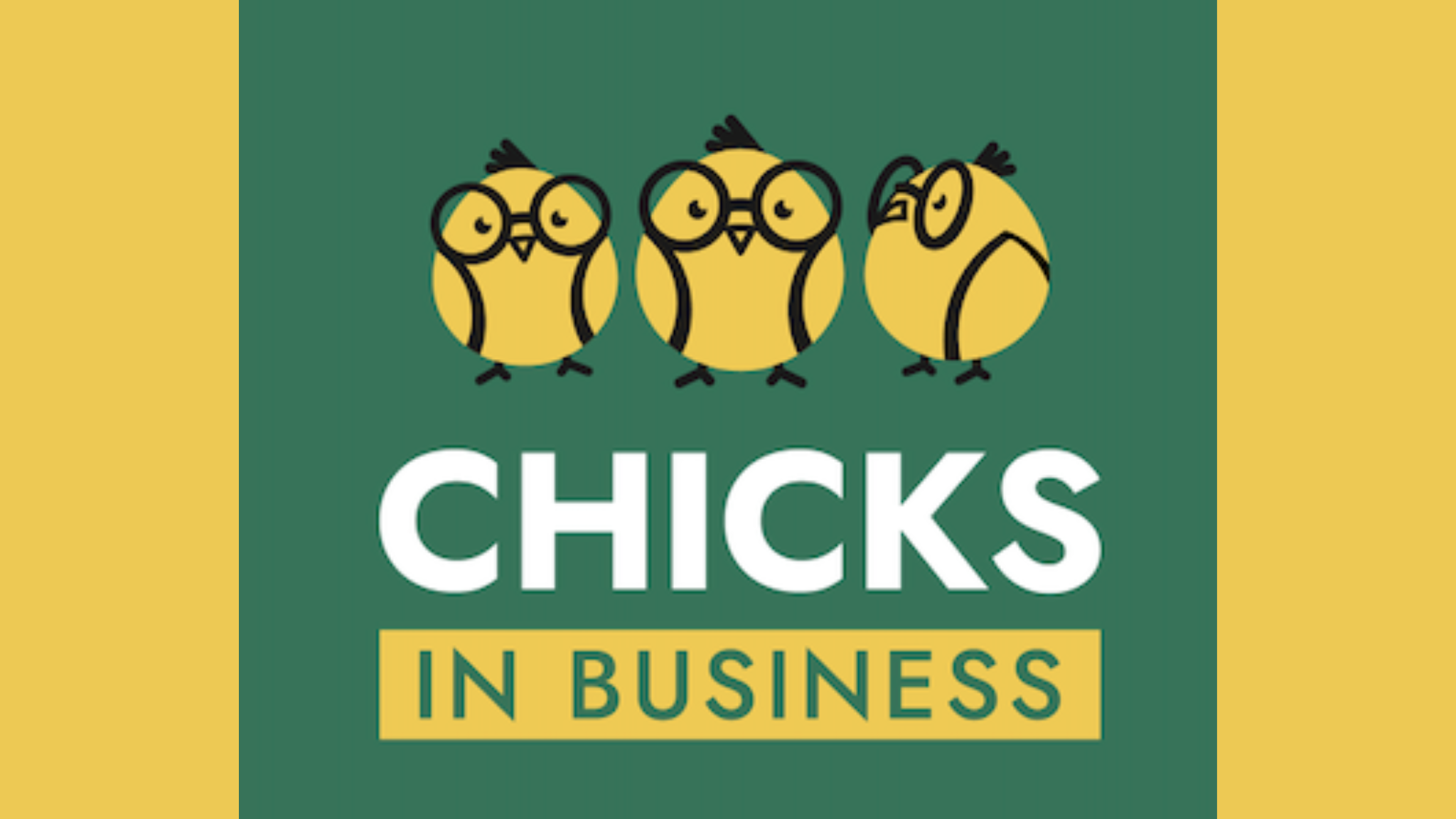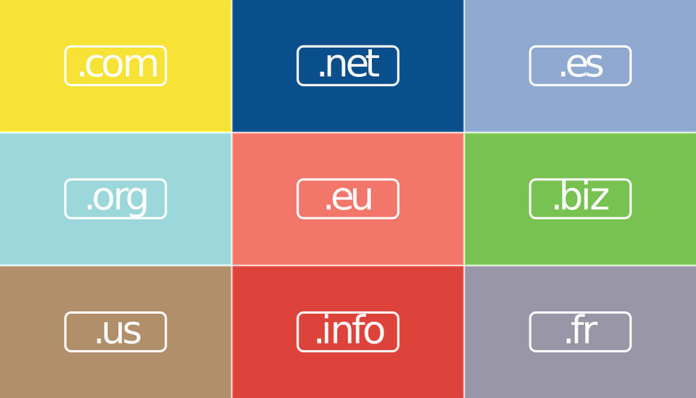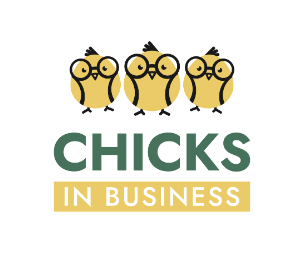A domain name is more than a web address. It is your business and your overall online identity. That’s why your domain name must be you. Produce something that you can quickly identify with, that stays in people’s minds, and that you feel proud to have representing you and your business.
Here are some excellent website addresses: Amazon.com, Change.org, Bestbuy.com, and Nerdwallet.com.
What is a domain name?
A domain name is the label used to identify your website on the internet, independent of what kind of website it is. Your site will have a one-of-a-kind identity on the World Wide Web, and you can retain this address as long as you keep up with the yearly cost (which can be between $10 and $15 for a .com domain).
Those familiar with the technical term for your domain, known as a URL (uniform resource locator), can just enter it into the URL section of their web browser and it will take them straight to it. Individuals will be able to uncover your blog through web indexes like Google and Bing.
Domain name structure
- Prefix – an internet application protocol of your domain (HTTP: – standard, HTTPS: – secured).
- Subdomain – the third level domain of your website name (some sites use “www” some not).
- Name – the second-level domain of the website, picked by the person registering the domain.
- Extension – the top-level domain can be picked for the variety of available choices.
Domain name extension
When you make the decision about what to name your website, one of those choices will be what type of Top Level Domain (TLD) extension to attach. Hundreds of different top-tier domains are available for selection. Here is the breakdown of the most popular ones.
- The original top level domains (TLDs) include: .com, .net, .org, .int, .gov, .edu, and .mil. Only some of them are available for general use, and .com is far and away the most important.
- Many country code top level domains (ccTLDs) exist, including: .au (Australia), .cn (China), .in (India), .jp (Japan), .ph (Philippines), and .uk (United Kingdom).
- There are also topic specific generic top level domains (gTLDs), though their use has yet to catch on widely, including: .accountants, .agency, .business, .city, .digital, .photography, and .social.
Tips for choosing the best domain name
The following are some of the practices I personally employ when I am seeking out the optimal domain name selections.
Choose a unique name
If you are advertising yourself, it is best if you can use both your given name and your surname together (johnsmith.com or janesmith.com). It might be a good idea to secure the domain name of your name, in case you may need it for marketing yourself sometime down the line. Consider if the domain name for your business (yourbusiness.com) is open if you’re marketing your company.
Type your proposed blog or website name into a search engine such as Google. Are there any webpages with a similar URL to the one you searched? If it does, try a different name. Naming your website something that is too similar to other existing websites is setting yourself up for failure. Avoid picking names that are the plural form of existing sites, or variations with misspelled words.
Brainstorm
Choose five words or phrases that best reflect the central theme of your website. Make a list of the words, then move them around to come up with potential domain names. Choose one that sounds good and will be memorable.
It is a key rule in advertising that when introducing a new product, you should begin by constructing a list of 10 titles. The first three are easy. It may be easy to come up with five or six ideas without much effort, but you will be at a loss for what to do when it comes to the last one. Out of your selection, pick the best option according to the outlined particulars and you will be ready to go. It’s okay to inquire with your friends regarding their preferences. That is the optimum approach for selecting your domain name!
Make it easy to type
If you need to explain your website’s address more than once for people to get it, then it won’t be successful. Make sure the label for your website is something easy for people to both recall and type into a web browser search or URL bar.
Why is simplicity important? You don’t want to risk having potential visitors type your website’s name the wrong way and end up somewhere unintended. One of the most well known social media sites is Flickr, launched back in 2005. After four years, the company had to purchase Flicker.com for a substantial amount of cash so as to guide the numerous visitors who mistakenly wrote their name. If you’re determined to use a name that’s spelled differently, make sure to also register common incorrect spellings so you can make it so they redirect to the main domain.
Choose “.com” first
Up to 75% of all websites are “.com” domains. It remains the most desirable choice and the simplest to recall. If your preferred name is taken, then try alternatives before settling for other top-level domains. Be mindful that certain web browsers can accept address only inputs in the address bar. In the event that someone only types in the domain name (of which it is uncertain how many users might do that), it will by default direct them to the “.com” website.
Make it brandable
Your domain name will be your brand. Some names speak for themselves. When the name is mentioned, you immediately understand the purpose of the website.
Shorter is always better
As we’ve been saying, shorter is better. You won’t find many one-word domain names these days, so if you can’t settle on one thought-provoking word, you might want to extend it by adding an extra word or two. Using two words together is a great way to help people remember names like LifeHacker.com or GeekSquad.com. Also, don’t use an acronym. No one will recall the alphabet unless it is a very memorable title.
Avoid trademark problems
Ensure that you are not infringing on any trademarks when selecting the ideal domain name for your website. To look up a trademark within the United States, go to uspto.gov/trademarks and perform a search prior to registering the name. It is beneficial to look into this now as it could be damaging to a website and company in the long run. Take a look at the rules and regulations of any well-known companies, such as Twitter or Facebook, that you may be including. It is very unlikely that people will let you include their name in any part of your website’s address.
No numbers or hyphens
Numbers and hyphens (especially hyphens) cause confusion. Stay away from them at all costs. Even something as sophisticated as the website number1.com will evoke confusion. Make the name speak for itself.
Do your research.
Besides doing research on keywords, it’s really annoying when an idea for a domain name comes to mind, only to find out that it breaks a trademark.
Make sure the domain you pick is one-of-a-kind to you to prevent any legal issues and the hassle of trying to find a domain name that is appealing to the search engine.
Add keywords.
Do not go too far; we need something that is brief and direct. Take some time to investigate some relevant search words to lead you to an ideal domain name.
Focusing on specific words will also provide your website, company name, and brand name with an SEO boost. When you are brainstorming potential keywords, aim for ones with either low or moderate competition so that you have a better chance at competing well, and be sure that the words you use will represent your company’s brand properly.
How to Choose a Domain Name for Your Blog
Deciding on a domain name for your blog has similar processes to that of picking one for a business. However, if you’re just beginning your blog by launching in the offline world, you may not have picked an appropriate title.
Fortuitously, this implies that you have an improved prospect of discovering a blog name and domain name that are precisely what you desire, yet you will have to expend some effort to locate something extraordinary. Blogging.org states that there are over half a billion blogs present on the internet. But don’t be discouraged! Here are some ideas to guide you in selecting an appropriate domain name.
Consider domain extensions.
As previously indicated, .com is the most advantageous domain extension for you to evaluate. If you are blogging, you should try to be inventive with newer forms, but people will be able to find your blog more quickly if you select a traditional, commonly used domain suffix. Try to get a .com domain name first, then see if one of the other popular domain extensions like .net or .co is available.
Avoid vague or generic options.
You should choose a domain name that is simple and easy to remember, but not generic enough that it blends in with the rest. Opt for something that is catchy, memorable, and brandable.
Make it easy to type and pronounce.
Yes, your blog moniker is special, however, if nobody can articulate it or find it through typing it as an internet address, your viewership could take a hit.
It is probable that users will make errors when attempting to locate your blog if the domain name is complicated. Ensure that your website traffic remains steady by selecting an easy to comprehend and straightforward domain name.
Move quickly.
Act fast and secure your domain name now; there are millions already registered and more being added by the minute.
Domain names are highly sought after, yet surprisingly inexpensive. Secure your concept quickly before someone else does if it is not already trademarked or taken. If you discover that it isn’t functioning as you desired, you have the option to alter it later.
Domain Name Generator
This is a lot to digest, we understand. There are tools to aid in the search for domain names, the same way there are tools that help you select great hashtags and key words.
You may want to use some of the ideas you came up with in the steps above and submit them to a website that creates a list of viable domain names based off those words and related terms.
Even if you reject the proposed domain name from the generator, it can be beneficial to your team in helping discover an ideal name for your organization or blog. Below are a few of the premier domain name producers to check out.
Wordoid
See what Wordoid can do for that particular word that keeps reappearing – it provides plenty of suggestions utilizing that term. Wordoid concentrates on website domains that have a length of 10 characters, however, if you like a particular size, the character limit can be set from five to 15.
Looka
The Looka Business Name Generator has the capability to produce multiple company names based on concepts such as inventiveness and sector. The program will look to see if domain names and social names are free to be used, and if these have already been taken, it will provide some replacement options. It will incorporate some logo concepts to help you launch your website in a short amount of time.
Nameboy
Nameboy is recognized as a reputable and well-liked source of discovering a distinctive domain name, making it the longest-running domain generator on the web. Put in one or two words, and Nameboy will show you a selection of one of a kind solutions to select. Nameboy provides dividers for various different projects, such as creating blog titles, brand names, and company names, which can be employed in combination with looking for a domain.
IsItWP
The IsItWP domain name creator is a convenient, uncluttered, and quick utility to assist you in producing an original and useful domain name out of a brand name and key words. It can be connected to BlueHost, so if you see a domain you like, you can sign up for it straight away without cost if you employ BlueHost to manage your site.
Instant Domain Search
Instant Domain Search is an uncomplicated choice that comes up with concepts while you type. This tool will provide you with a selection of both available and already taken domains that are on the market.
Conclusion
And, finally, don’t stress out. Here are some suggestions to make your experience smoother and prevent potential issues. Remember that it is all about you and the image you are striving to create. If you take a look, you can discover multiple thriving websites which have disregarded nearly each regulation outlined in this manual. Even though there is no evidence that any website has been able to break all the records, Google would still be a powerful entity if it had called itself Zugzut.com or Goohoo.com. Constructing a successful brand does not come without effort, but it can make things simpler in the long run.


